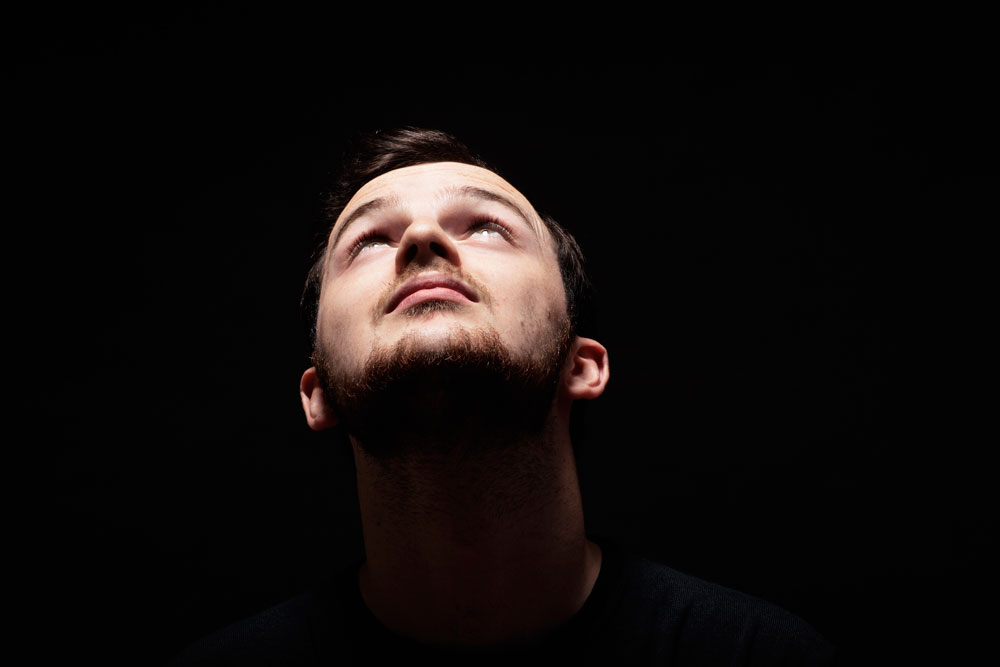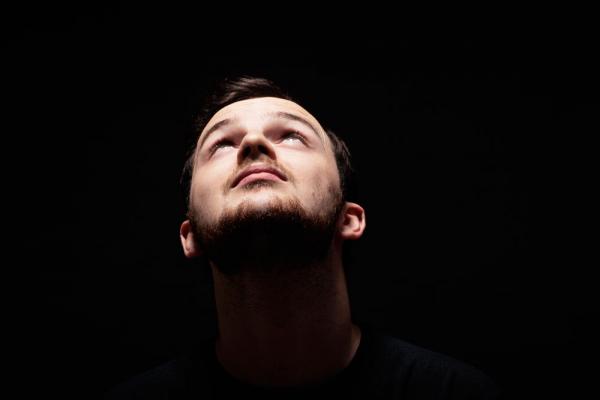 There has been much speculation about “the nones,” the increasing number of people who do not identify with any particular religious denomination. The poll, conducted by the Pew Research Center, shows that nearly one-fifth of all Americans and nearly one-third of young people under 30 are unaffiliated with a particular religion or denomination. There have been varying reactions. As Mark Tooley points out, this isn’t necessarily a crisis of faith in America; many “nones” still profess to believe in God or some ultimate being. The rise of the “nones” could then be pointing to a crisis in denominational loyalty.
There has been much speculation about “the nones,” the increasing number of people who do not identify with any particular religious denomination. The poll, conducted by the Pew Research Center, shows that nearly one-fifth of all Americans and nearly one-third of young people under 30 are unaffiliated with a particular religion or denomination. There have been varying reactions. As Mark Tooley points out, this isn’t necessarily a crisis of faith in America; many “nones” still profess to believe in God or some ultimate being. The rise of the “nones” could then be pointing to a crisis in denominational loyalty.
There are also those who wish to eschew the label of religious all together, seeing it as increasingly connected to political conservatism, homophobia, and sexism (according to the poll, a “none” is more likely to vote Democratic and affirm the legalization of abortion and same-sex marriage).
In one of an ongoing series of blog posts entitled “Meet the Nones," Alyssa Bain writes, “I am more and more hesitant to label myself Christian as I see traditional denominations come to the spotlight for being closely affiliated with so-called right-wing politics. Instead, I distance myself.”
I write today to add my two cents. The truth is for most of my life I was a “none." I’ve only been a professing Christian for a very short time and I was not raised in any particular religious tradition at all. Though I identify as Eastern Orthodox and have been going to Orthodox services for over a year now as a catechumen, I have not been formally received into the church and still await my baptism and chrismation (I have never been baptized in any denomination, even as an infant).
Read the Full Article

